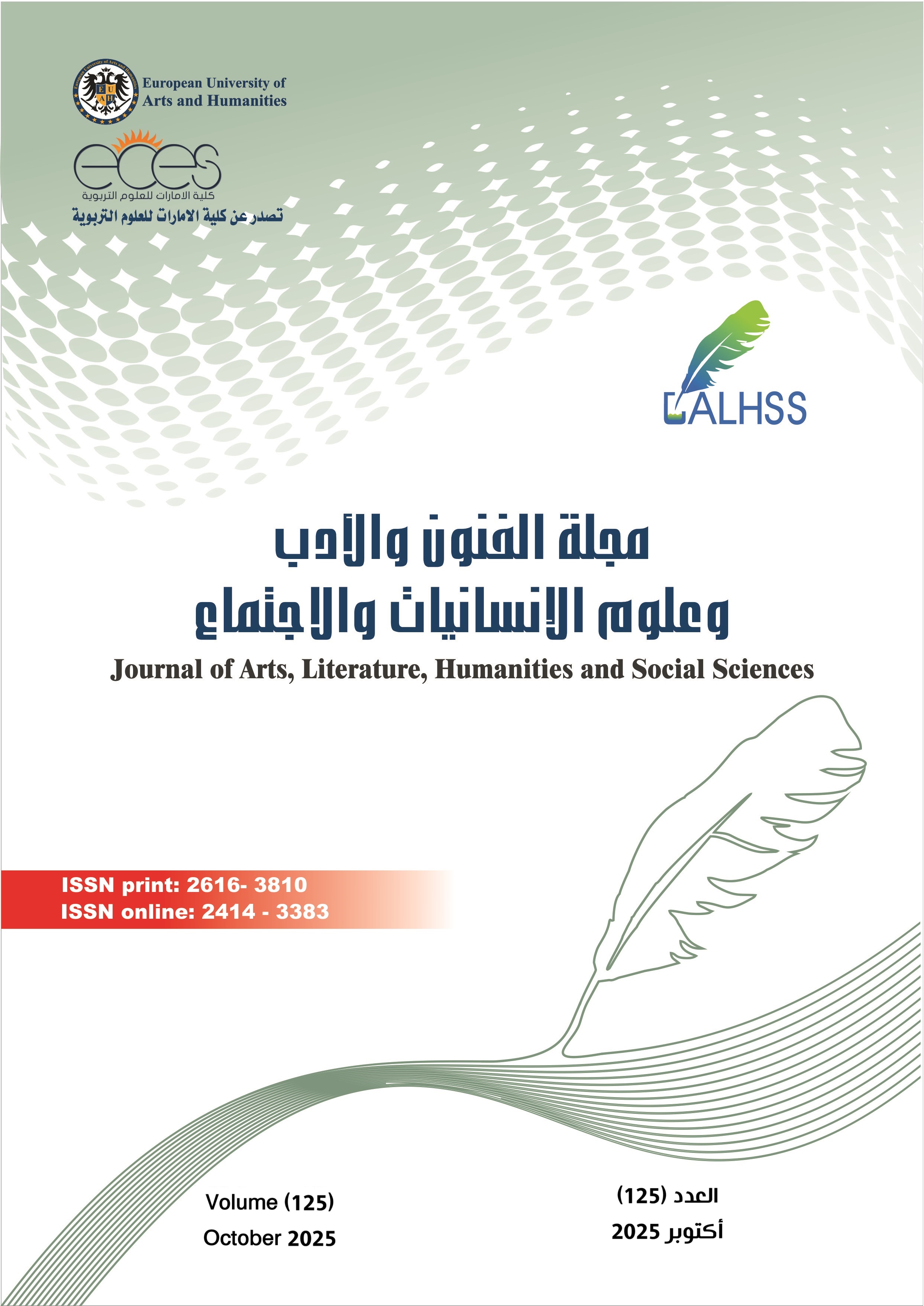The Impact of Tax Audits on Tax Avoidance Levels
(The Moderating Role of Audit Quality – Evidence from Palestine)
الملخص
This study investigates the intricate relationship between tax audits and corporate tax avoidance, with a specific focus on the moderating role of audit quality within the unique economic and regulatory landscape of Palestine. Drawing upon established theories of tax avoidance and audit quality [2, 4, 6], this article develops a conceptual framework and testable hypotheses to examine how the intensity and effectiveness of tax audits influence firms' tax avoidance strategies, and how external audit quality can mitigate or exacerbate this relationship. While prior research has explored these dynamics in various global contexts [9, 15, 18], the Palestinian setting presents distinct institutional characteristics, including a developing tax administration system and a complex geopolitical environment, which warrant specific investigation. This article synthesizes existing literature, proposes a detailed methodology for measuring key variables, and empirically tests the hypotheses using panel data from Palestinian listed firms. The findings of this research are anticipated to offer valuable insights for policymakers and tax authorities in Palestine in designing more effective tax enforcement mechanisms and fostering greater tax compliance.
المراجع
[2] Freeman, R. E. (1984). *Strategic management: A stakeholder approach*. Pitman.
[3] Sikka, P. (2010). Smoke and mirrors: Corporate social responsibility and tax avoidance. *Accounting Forum, 34*(3), 153-168.
[4] Allingham, M. G., & Sandmo, A. (1972). Income tax evasion: A theoretical analysis. *Journal of Public Economics, 1*(3-4), 323-338.
[5] Cobham, A., & Janský, P. (2017). Global distribution of revenue loss from tax avoidance: Re-estimation and country results. *Journal of International Development, 29*(6), 769-782.
[6] Slemrod, J. (2007). The economics of tax avoidance and evasion: An introduction. *National Tax Journal, 60*(4), 673-678.
[7] Hussain, N., & Ahmad, S. (2019). How Audit Quality Affects Tax Avoidance: An Analytical Study in Pakistan. *Human Resource Management Academic Research Society (HRMARS)*.
[8] Lestari, N., & Nedya, N. (2019). The Effect of Audit Quality on Tax Avoidance with Managerial Ownership as Moderating Variable. *International Journal of Economics, Business and Accounting Research (IJEBAR), 3*(02).
[9] Atwood, T. J., Drake, M. S., Myers, J. N., & Myers, L. A. (2012). Home country tax environments and the tax avoidance activities of US multinational firms. *The Accounting Review, 87*(6), 1893-1911.
[10] Maali, S. K. A. (2015). *Tax Collection Obstacles in Palestine From The Tax Officers Perspective*. An-Najah National University.
[11] DeAngelo, L. E. (1981). Auditor size and audit quality. *Journal of Accounting and Economics, 3*(3), 183-199.
[12] Hanlon, M., & Slemrod, J. (2009). What does tax aggressiveness mean? *National Tax Journal, 62*(2), 247-260.
[13] Francis, J. R. (2004). What will make clients demand higher audit quality? *Journal of Accounting Research, 42*(3), 665-674.
[14] Lanis, R., & Richardson, G. (2012). Corporate social responsibility and tax aggressiveness: An empirical analysis. *Journal of Accounting and Public Policy, 31*(1), 86-108.
[15] Kanagaretnam, K., Lobo, G. J., & Mathieu, R. (2016). Auditor quality and tax avoidance: Evidence from Canada. *Journal of International Accounting, Auditing and Taxation, 26*, 1-14.
[16] Sikka, P., & Hampton, M. P. (2005). The role of accountancy firms in tax avoidance: A review of the literature. *Accounting, Auditing & Accountability Journal, 18*(5), 605-626.
[17] Chen, S., Chen, X., Cheng, Q., & Shevlin, T. (2010). Are two heads better than one? The impact of CEO and CFO power on tax avoidance. *Journal of Accounting and Economics, 50*(1), 1-16.
[18] Dyreng, S. D., Hanlon, M., & Maydew, E. L. (2008). Long-run corporate tax avoidance. *The Accounting Review, 83*(1), 61-82.
[19] Francis, J. R. (2011). A framework for understanding audit quality. *Auditing: A Journal of Practice & Theory, 30*(2), 125-141.
[20] Dechow, P. M., Sloan, R. G., & Sweeney, A. P. (1995). Detecting earnings management. *The Accounting Review, 70*(2), 193-225.
[21] Dechow, P. M., & Dichev, I. D. (2002). The quality of accruals and earnings: The role of accrual estimation errors. *The Accounting Review, 77*(s-1), 35-59.
[22] Jones, J. J. (1991). Earnings management during import relief investigations. *Journal of Accounting Research, 29*(2), 193-228.
[23] Myers, J. N., Myers, L. A., & Omer, T. C. (2003). Exploring the term of the auditor-client relationship and the quality of earnings: A meta-analysis. *Journal of Accounting Research, 41*(4), 779-799.
[24] Balsam, S., Krishnan, J., & Yang, J. S. (2003). Auditor industry specialization and earnings quality. *Auditing: A Journal of Practice & Theory, 22*(2), 71-97.
[25] Simunic, D. A. (1980). The pricing of audit services: Theory and evidence. *Journal of Accounting Research, 18*(1), 161-176.
[26] Lanis, R., & Richardson, G. (2011). The effect of board of director characteristics on corporate tax avoidance: An empirical analysis. *Journal of Accounting and Public Policy, 30*(6), 510-529.
الحقوق الفكرية (c) 2025 Ziad Salem Nassar Za`arir , Etedal Robeen "Mohamad Hosen" Siaj

هذا العمل مرخص حسب الرخصة Creative Commons Attribution-ShareAlike 4.0 International License.



